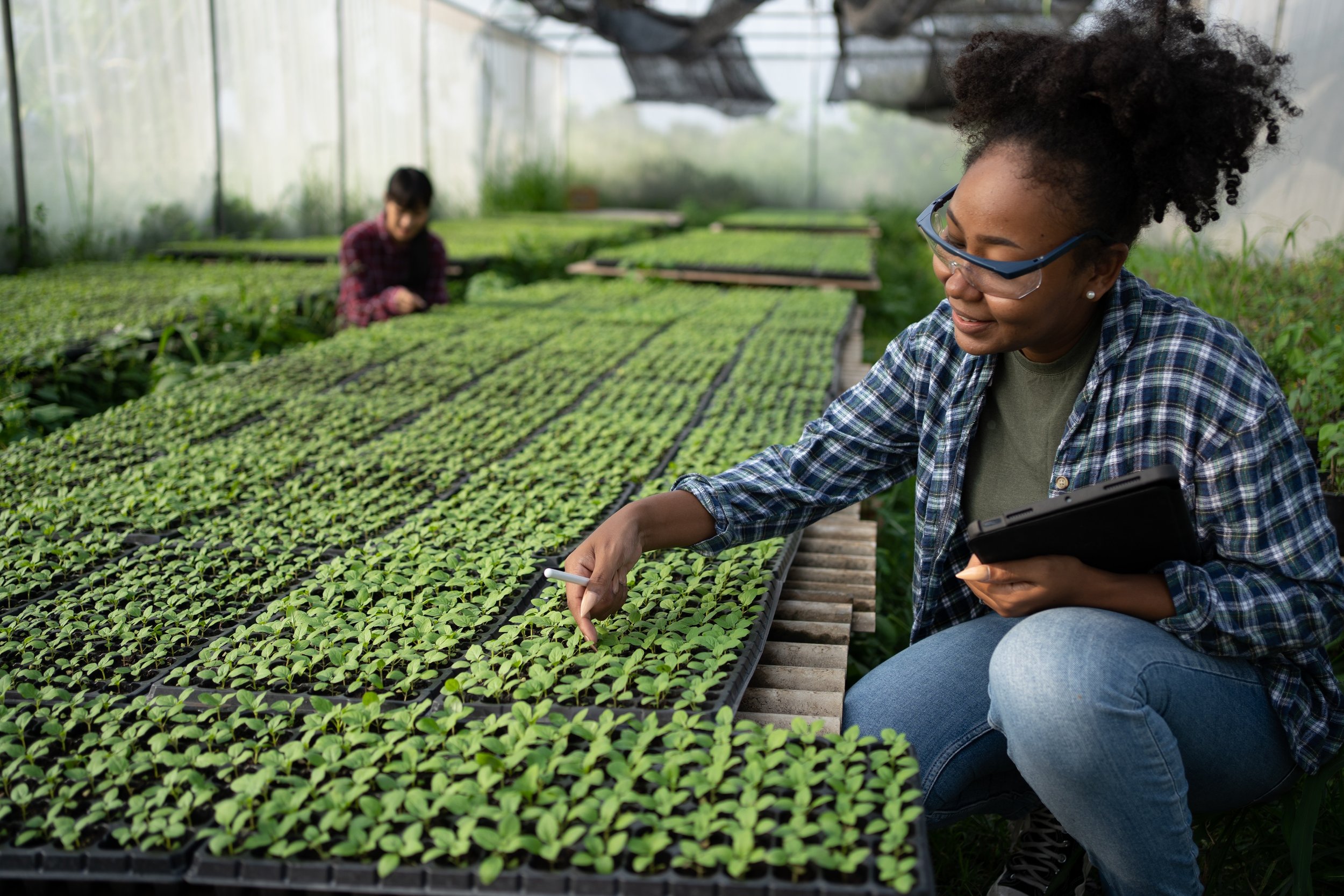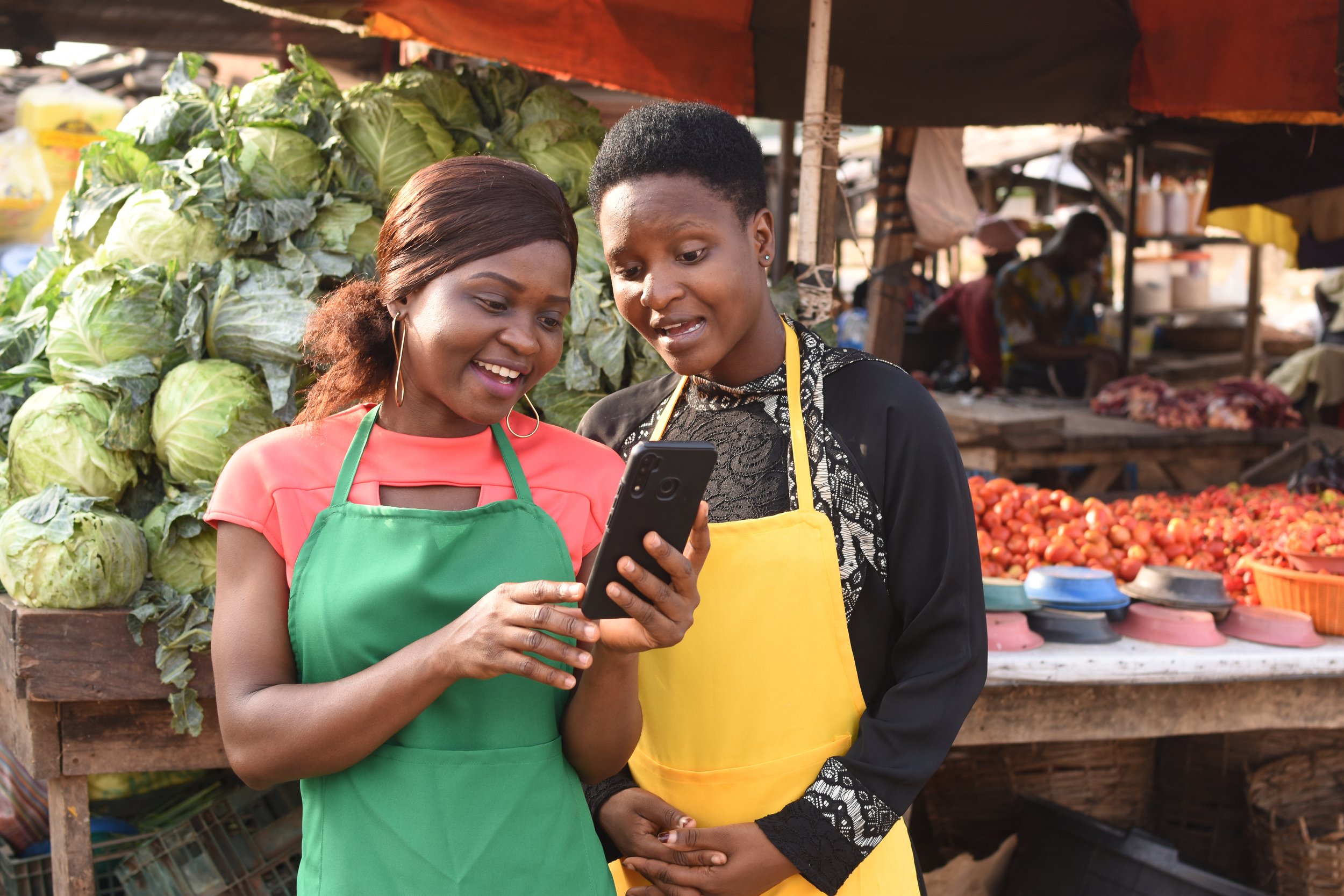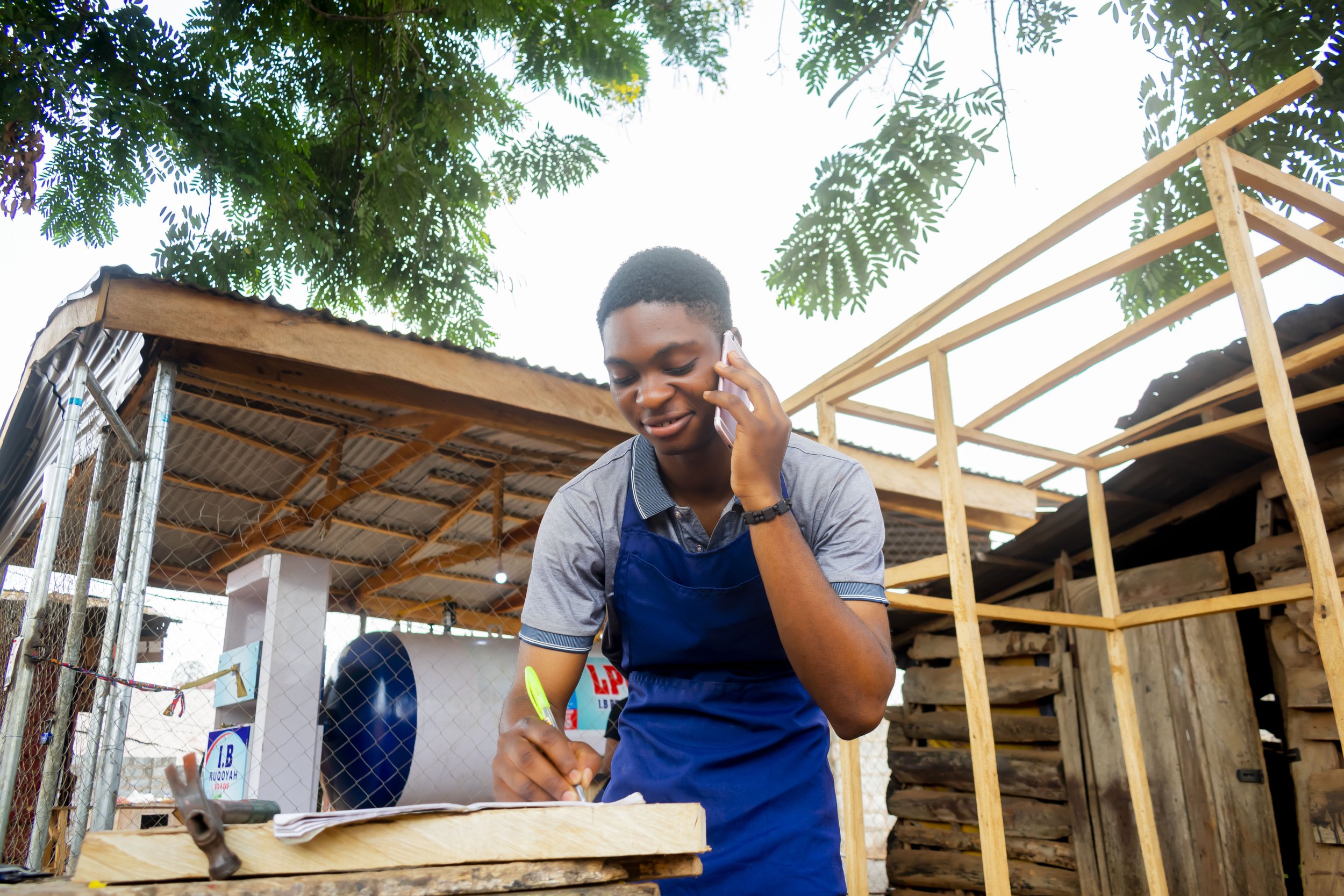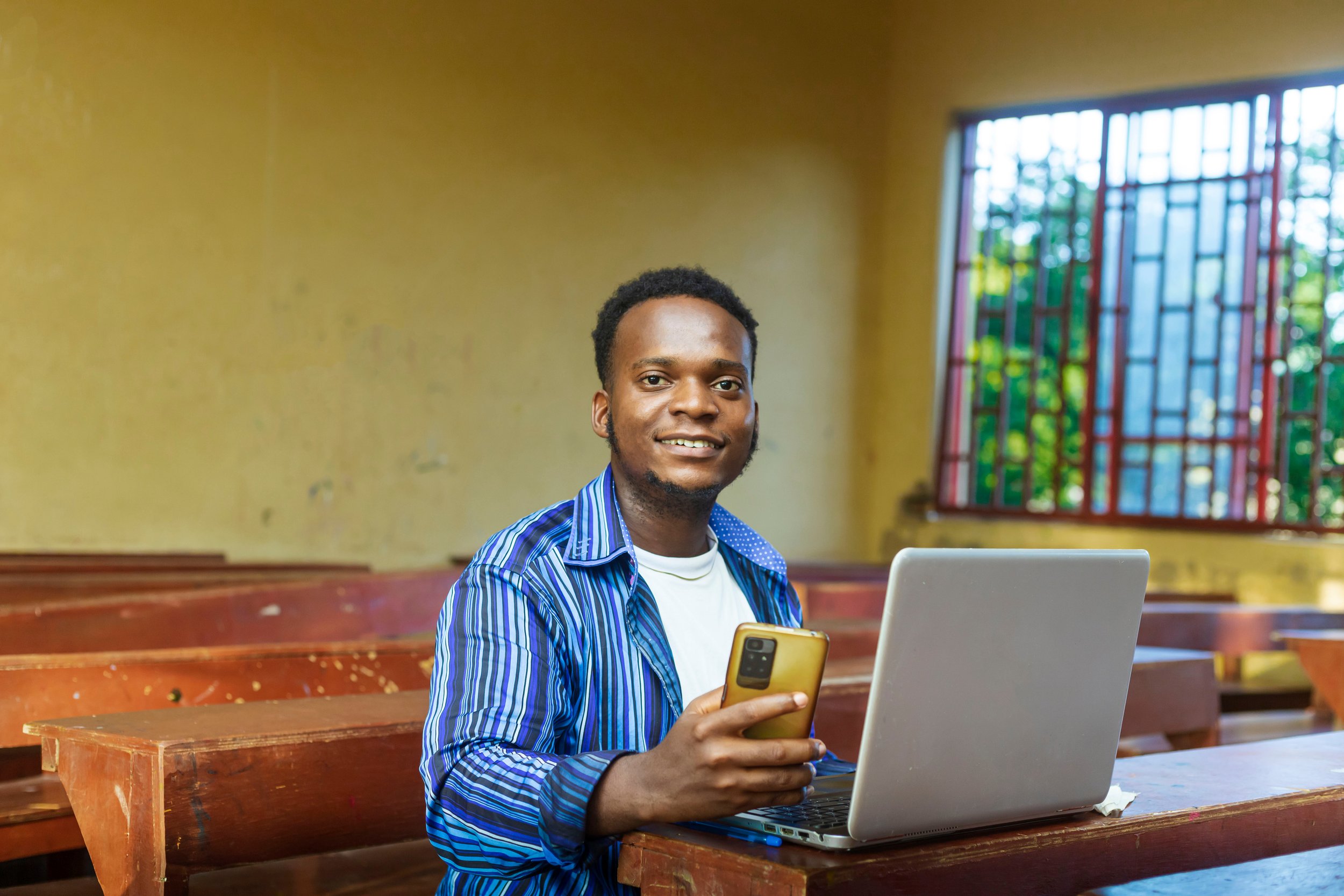
Moja Academy Blog
Search
Latest News
Spotlight

Social Commerce: From Content to Conversation
Content-to-Conversation (C2C) indicates the shift from a market that drew consumers to content (think websites and mobile apps), to a market where content must follow consumers if it is to be relevant (think messaging).

Social Commerce: Understanding the Gap
Socially linked customers are the strongest core to any brand community.

Social Commerce: Building a Brand Community
When you walk by two restaurants, one busy, the other empty, which one do you choose to sit down at for a meal? The busy one, right?

Digitization and Food Security, Part 2
It has become evident to global researchers over the last decade that digital technologies are the key factor of a good-jobs strategy for African countries.

Digitization and Food Security, Part 1
Digitalization is one of the greatest transformative opportunities of our time. It can redress intergenerational systems of poverty, make incremental and impactful alterations in how humans interact with climate, accelerate human capacity development where it never existed before ... to mention just a few of the immediately perceived benefits of digitalization.

Doing Good While Doing Well
The technocratic world raises moral issues for which past ethics, geared to dealings amongst people within narrow geographical and temporal ranges, are no longer adequate in the digital age. No previous society has had such powerful tools for good and ill.

Cash, Mobiles and Africa
Cash is not what you read it to be, especially not in Africa. It’s not minimized or threatened, it’s not less popular or important, it’s not irrelevant or fading. Cash remains king with the consumer, and becomes emperor the further down the pyramid we move.

Moja’s Systemic Agricultural Strategy: Tightening the Digital Loop in the African Circular Economy
In many parts of the world, including Africa, stagnant economies, rising inequality, widespread youth unemployment, increasing food insecurity, and sluggish regional growth have renewed interest in and experimentation with iterations of industrial policy.

What Does Digital Disruption Mean for Education and Training? (Part 4)
From a customer base and business intelligence perspective, there’s no question that digital education and training in Africa is a blue ocean.

Youth Unemployment and Food Insecurity: What Moja Plans to Do
Small-holder farmers need to learn climate smart agricultural practices, and they need to be able to trade in wider circles, even as they take simultaneous steps to become more resilient to climate shocks.

What Does Digital Disruption Mean for Education and Training? (Part 3)
Right now, three major challenges can be identified that innovators in digital education are seeking to surmount.

What Does Digital Disruption Mean for Education and Training? (Part 2)
The fundamental issue the African continent is struggling with now is educational quality. Lack of quality in education perpetuates the mismatch between the world of education and the world of work.

What Does Digital Disruption Mean for Education and Training? (Part 1)
According to technology expert Shankar Maruwada, educators need to prepare for a coming “education revolution” that will see learners breaking from traditional models to embrace shorter spurts of education throughout their lives.

Moja the Camel versus Moja the Unicorn
Moja’s pivot to the agriculture sector and direct-to-farmer Climate-Smart Agriculture training through Moja Academy may seem to the casual observer like a sudden and sharp deviation in strategy, but it’s rather the cumulative effect of a long process of trial and error of operating the Moja app in Africa.

Sub-Saharan Africa Is Poised to Lead the Global Digital Economy
With worldwide internet penetration at nearly 50 percent, the global digital economy has become a space of immense opportunity.

Africa’s Challenge to Entering the Digital Economy
Sub-Saharan Africa accounts for nearly a tenth of the global mobile subscriber base and is expected to grow faster than every other region over the next five years.